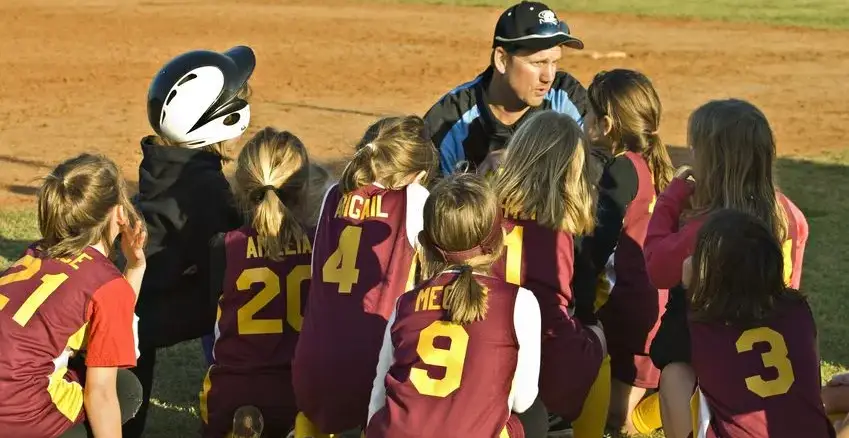
Creating softball team culture is something that can make or break a season. How often have you seen a team that starts out the season with no problems. Everyone seems to be getting along with each other, the parents are enjoying themselves at practices and games and the coaches are working through things smoothly. Almost like a dream. and then suddenly around the middle of the season things begin to deteriorate. Players start judging each other and mini groups begin to form. The coach’s “favorites” begin to emerge and parents start critiquing the coaches decisions and who should be doing what on the field. I have seen it many many times including on some of my own teams.
Creating Softball Team Culture
These I believe are some of the considerations that are critical in creating a positive and productive team culture:
- a compatible coaching staff
- an ethical coaching staff
- a good criteria in setting the team
- a foundation of honor and good work ethic
Who determines team culture on your team? Does the coach come in and say… “ok team. This is the way its gonna be.” or does the coach at the beginning of the season or when training begins observe the dynamics of the team and then at the first team meeting discuss what the team feels would be a successful and thriving environment. If members of the team are given the “honor” (and I say “honor” because that’s what it should be considered when being a part of a team) of developing an environment where everyone can thrive and feel a included, then ownership and accountability will not only be accepted but expected as well. What determines team culture?
Some of the things that you might consider when thinking of team culture include:
- how players relate to each other
- team rules
- team consequences
- team conduct on and off the field
- team routines before and after competition
- home and away game procedures
By having an idea of what you want the group to address when designing the culture, you can be more of a facilitator in their process. Yes it is “their” process that if done well, will be what gets the team through the diversity the appears to bring itself to every season no matter how well you think it is going.
Why is team culture important on your team? When things seem to be heading in the wrong direction at any time, it is the team culture that is going to keep it on track. If you are losing games consecutively it can be very difficult to remain positive heading into upcoming competitions. I know this from experience. We used goal setting and worked very hard to keep every player feeling like their contributions to the team are important to their getting better.
If the team is winning all of their games or most of them, it could be easy for the team to develop an arrogance that has the potential to come back at them and become more of a liability during the important competitions. A good work ethic will keep the team working hard during practices to continue improving and to not take any team for granted. In addition honoring the game will promote a level of respect for all opponents regardless of their skill level and your history with them.
Respect for officials is soooo important in sports. I always told my players that without them we would not have a game. I made it a point to after every game whether we won or lost to shake hands with the officials and let them know I appreciated their contribution to the game. I never ever yelled at an official and made sure that if I had a question or a disagreement I made sure that I knew the rule that I was protesting and approached the officials respectfully as a part of the game and not an enemy. The team sees that and will conduct themselves the way they see the coach in those situations.
Team culture is visible during competition and training. When I approach a field, I can tell within minutes simply by observing the players, coaches and parents if there is a solid team culture of mutual support and respect or if the wheels are falling off.
Where is team culture determined? Informally this begins developing at the first tryout for the season. By observing the interactions of the players on and off the playing field you can determine for example who is going to be the leader, who are the ones who simply put their heads down and get to work? who are the ones who might be more free spirited to either lighten things when they are needed or who can lead the team astray. You can then formally introduce the concept at the first team meeting where things will be written down and then committed to.
So…. challenge yourself to give the team to the team. You take care of the technical, tactical and physical stuff and let the team take care of the rest. Of course their may be instances where you may need to step in and give some direction as the leader. However it is best sometimes to be un-noticed than to be in the middle when they are working things out. How do you develop and nurture team culture?
